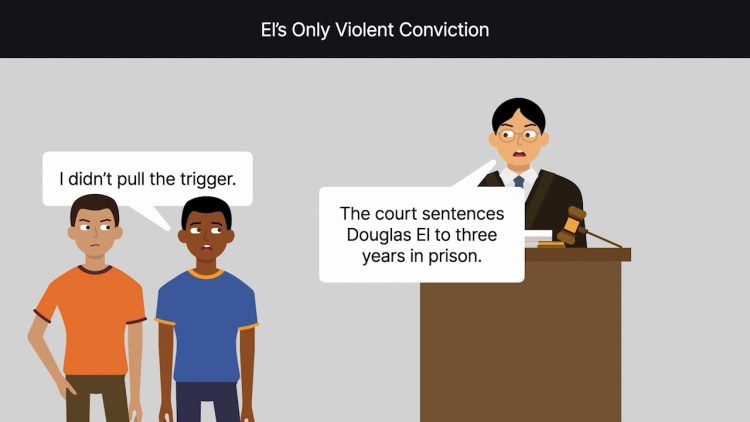EL v. Southeastern Pennsylvania Transportation Authority
United States Court of Appeals for the Third Circuit
479 F.3d 232 (2007)
- Written by Nan Futrell, JD
Facts
In January 2000, Douglas El (plaintiff) was hired on a conditional basis by King Paratransit Services, Inc. (King) to drive paratransit buses providing transportation services for individuals with disabilities. King was a subcontractor with the Southeastern Pennsylvania Transportation Authority (SEPTA) (defendant). Under the subcontract, SEPTA prohibited King from hiring anyone with a violent criminal conviction. El was subjected to a criminal background check as a condition of employment. After El was hired, King discovered El had a 40-year-old conviction for second-degree murder. Based on this conviction, El was terminated. El’s conviction was in 1960, at the age of 15, stemming from a gang-related shooting. El, who claimed he did not actually pull the trigger, served three and a half years for the crime. El had no subsequent violent offense convictions. El sued SEPTA under Title VII of the Civil Rights Act of 1964 (Title VII), 42 U.S.C. § 2000e et seq., alleging SEPTA’s policy regarding criminal convictions had a disparate impact upon African Americans and Hispanics, because members of those groups were more likely than white people to have a criminal record and be automatically ineligible for employment. At trial, SEPTA asserted a business necessity defense, based on expert testimony that individuals with certain criminal convictions had high rates of recidivism and posed higher and less predictable risks to paratransit passengers, who were particularly vulnerable to abuse. The district court granted summary judgment in SEPTA’s favor, concluding it showed enough evidence in support of its business necessity defense that a reasonable juror would be compelled to find in its favor. El appealed.
Rule of Law
Issue
Holding and Reasoning (Ambro, J.)
What to do next…
Here's why 905,000 law students have relied on our case briefs:
- Written by law professors and practitioners, not other law students. 47,100 briefs, keyed to 995 casebooks. Top-notch customer support.
- The right amount of information, includes the facts, issues, rule of law, holding and reasoning, and any concurrences and dissents.
- Access in your classes, works on your mobile and tablet. Massive library of related video lessons and high quality multiple-choice questions.
- Easy to use, uniform format for every case brief. Written in plain English, not in legalese. Our briefs summarize and simplify; they don’t just repeat the court’s language.





